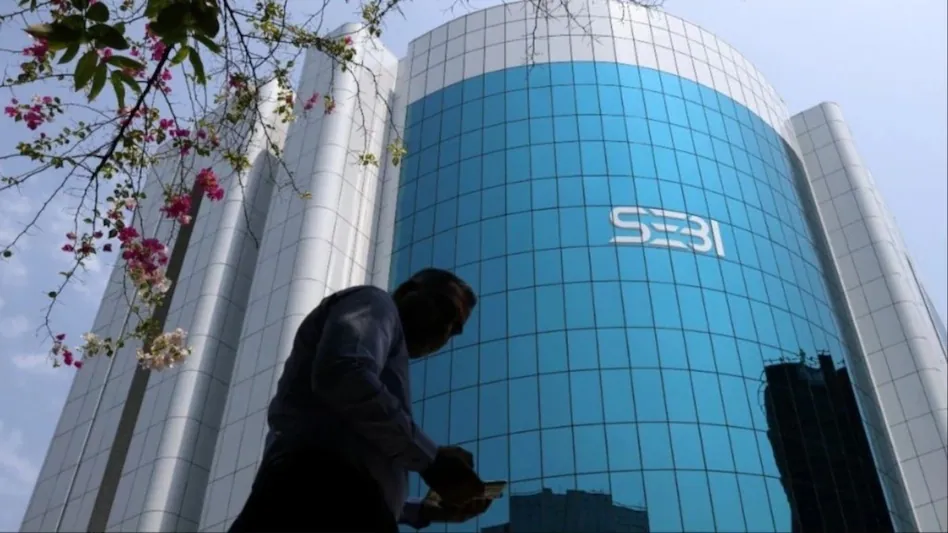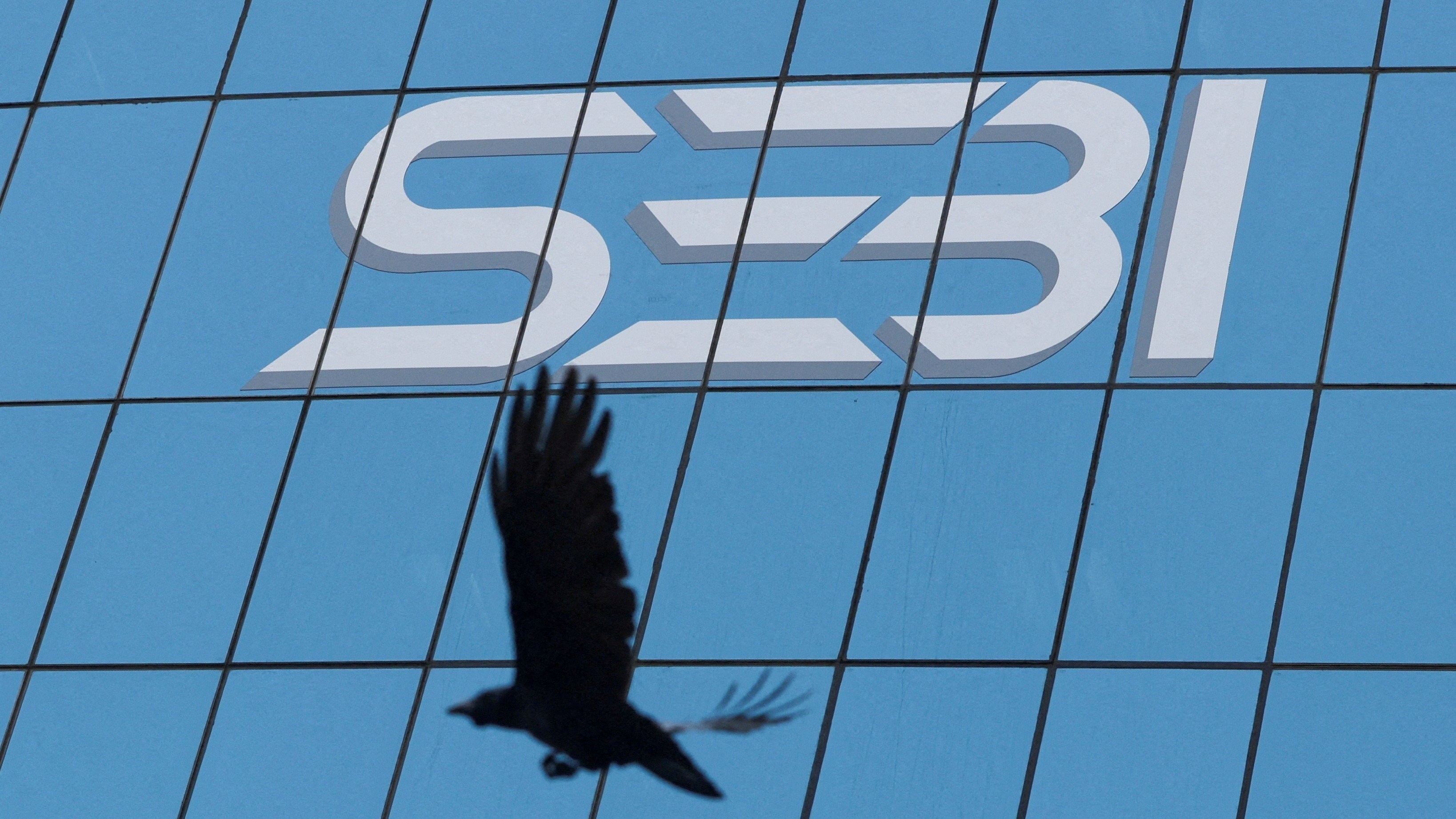India’s market regulator, SEBI, has temporarily banned Jane Street, a US-based quantitative trading firm, from trading in Indian securities. The agency also froze about ₹4,843 crore (nearly ₹4.84 thousand crore) of its profits, calling them “unlawful gains.”

Here’s the timeline:
-
Investigation: SEBI examined Jane Street’s trading from January 2023 to March 2025 and found that the firm made ₹43,289 crore (around $5 billion) from index options while intentionally losing money in cash and futures markets.
-
Alleged strategy: Jane Street reportedly used two main tactics:
-
Intraday Index Manipulation: Buying bank stocks in the morning to inflate index prices (like Bank Nifty), then selling them later to profit from options bets.
-
Extended Marking the Close: Executing big trades just before expiry days to move the index in their favor.
-
-
Circular trades: By placing buy-and-sell orders among its own accounts, Jane Street created the impression of real market activity—known as circular or mirror trading.
SEBI’s Actions
-
Ban & freeze: SEBI barred Jane Street and all its related Indian entities from buying/selling securities and blocked their bank and demat accounts. Withdrawals need SEBI approval.
-
Escrow requirement: The ₹4,843 crore now sits in a secure escrow account until a final ruling.
-
21-day reply window: Jane Street has until mid- to late‑July to file objections or ask for a hearing.
About Jane Street
Jane Street, founded in 2000, is a highly advanced trading firm focusing on quantitative strategies. It trades trillions in assets—including equities, bonds, ETFs—around the globe. It entered India in December 2020 and had raked in around $5 billion from the country by early 2025.
Broader Impact & Perspective
-
Market integrity: SEBI’s crackdown signals its commitment to stop unfair practices, reinforcing trust among small investors and regulators, even if big firms feel the heat.
-
Liquidity effect: Analysts think this move is limited—other global players like Citadel or Optiver are still active and confidence remains intact.
-
Retail investor losses: SEBI noted that over 90% of retail traders lost money during the same timeframe—suggesting that the manipulative behavior eroded trust.
-
No broader chill: Despite some broker shares dropping (like Angel One and Nuvama Wealth), the overall Indian stock market is stable. Analysts believe foreign investor interest in India remains strong.
What Comes Next?
-
Jane Street's response: The company denies wrongdoing and is preparing a reply. It may challenge the ban through legal routes such as India's Securities Appellate Tribunal.
-
Final Verdict: SEBI will weigh evidence and testimonies before issuing a final order, which could include further penalties or permanent sanctions.
-
Market reforms: Exchanges are ramping up oversight of HFT (high‑frequency trading) and position limits to guard against similar practices in the future.
Final Take
-
In simple terms: Jane Street allegedly played a game, inflating and crashing the price of bank stocks to win big on options—earning about ₹43,289 crore, from which ₹4,843 crore is now frozen as “unlawful.”
-
Why it matters: It’s about making sure that big firms don’t distort markets at the expense of smaller traders. Regulators acted firmly to protect fairness.
-
Looking ahead: The case will test India’s regulatory power and set an example in global trading markets. Other big trading firms are watching closely, but the core demand remains: play fair, or face the consequences.
In essence, SEBI’s bold move sends a message: no matter how strong or smart a firm is, it must follow the rules—especially when children’s savings might be at risk.
With inputs from agencies
Image Source: Multiple agencies
© Copyright 2025. All Rights Reserved Powered by Vygr Media.

























